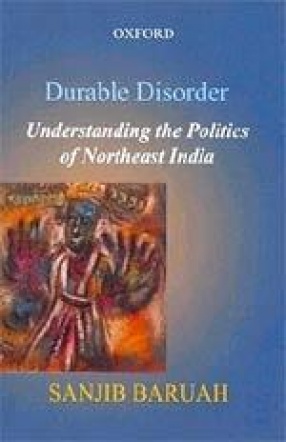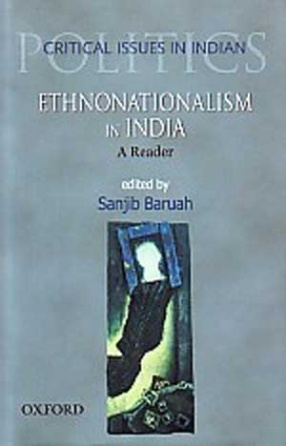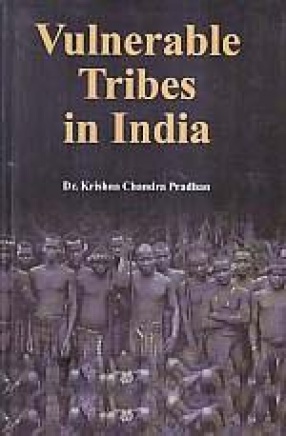For decades states in India’s Northeast have experienced ethnic conflict and suffered human and material losses due to insurgency and counter-insurgency operations. This book analyses the causes and seeks to comprehend the political meaning and significance of persisting political violence. The author argues that prolonged counter insurgency operations have eroded the democratic fabric of the region and institutionalized authoritarian practices. There is a growing dissonance between the idea of ethnic homelands and the actually existing political economy of the region that makes ethnic violence and internal displacements quite predictable. The book explores the economic incorporation of the region into the global capitalist economy in the 19 century and the resultant conflict between global and local resource use regimes. It delves into the historical roots of the region’s oldest armed conflict-the Naga insurgency, and carries a detailed analysis of the United Liberation Front of Assam (ULFA) during different phases of its power and influence. The author argues for a reorientation of India’s policy towards the Northeast and for linking it to a new foreign policy towards Southeast Asia. India should take advantage of the cultural and spatial proximity of the Northeastern states to the ASEAN region. The economic integration of the region with Southeast Asia through the pursuit of a dynamic ‘Look East’ policy could go a long way in bringing about stability, peace, and prosperity. Opening new perspectives in our understanding of ethnic conflict and the meaning of democracy with specific reference to the Northeast, this book will be interest to students, researchers and scholars in politics and history, journalists, policy-makers, defence analysts, and the informed lay reader.
Ethnonationalism in India: A Reader
$65.70
$73.00








There are no reviews yet.